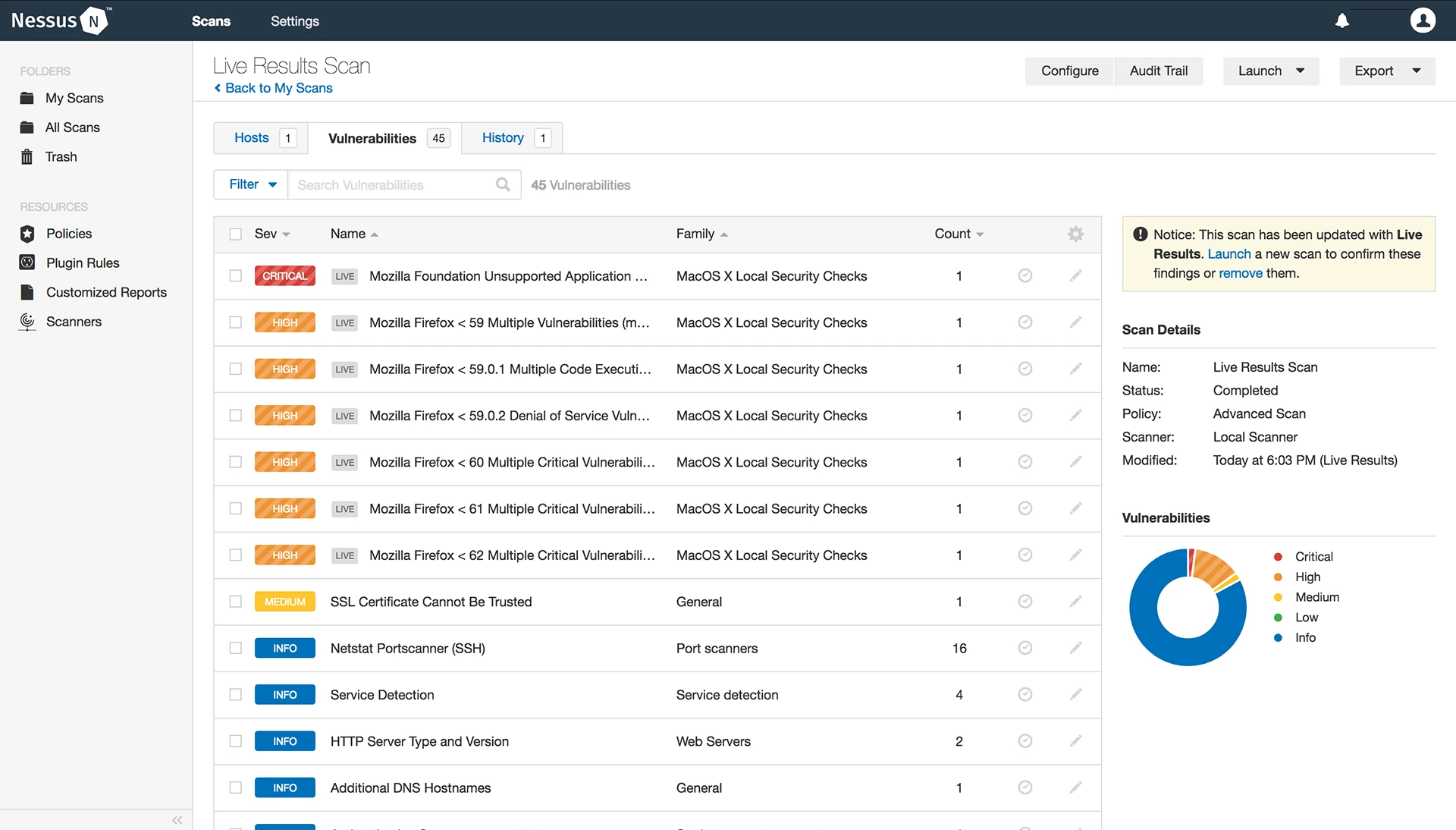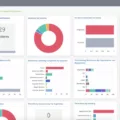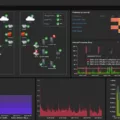Nessus is one of the most popular and widely-used vulnerability scanners available, and it’s no surprise that many people are curious about whether or not it’s free. The short answer is yes—Nessus is free, at least in some capacity.
For starters, the basic version of Nessus, called “Nessus Home,” is available as a free download for students and educators. This version allows users to scan up to 16 IPs and offers a number of basic features such as credentialed scans and agent scans. Compared to the Pro version, which can cost up to $5,460 for two years with Advanced Support, this is quite an affordable option for those who require more limited capabilities.
In addition to Nessus Home, there are also a couple of other versions of Nessus that are available at no cost. These include Nessus Essentials and Nessus Manager Free Edition. Both of these versions offer limited capabilities when compared to their Pro counterparts but can still be used in certain scenarios where limited scanning capabilities are required.
It’s also important to note that while Nessus itself is free in some cases, it needs to be run on a system that has the necessary hardware requirements in order for it to work properly. Additionally, since Nessus Home only scans up to 16 IPs at once, users who need more comprehensive coverage may need to opt for one of the paid versions or another vulnerability scanner altogether.
Overall, while there are certain limitations associated with using the free versions of Nessus compared to its paid counterparts, they can still provide a great deal of value for those on limited budgets or who only require basic scanning capabilities for their projects.

Cost of Nessus
Nessus offers two main versions of its product: Nessus Essentials and Nessus Pro. Nessus Essentials is a free download for students and educators and allows them to scan up to 16 IPs.
Nessus Pro is a paid product and costs $2,390 for one year, or $2,790 for one year with Advanced Support. You can also purchase an extended license of two years for either option, costing $4,660 or $5,460 with Advanced Support respectively. All purchases include access to all current version updates and upgrades for the duration of the license.
Installing Nessus for Free
Installing Nessus for free is a simple process. First, go to https://www.tenable.com/products/nessus-home and click the ‘Download Free’ button. Follow the on-screen instructions to install the software on your computer. Once installed, you’ll need to get an activation code in order to use Nessus Home for free. To do this, select ‘Get an activation code’ from the Welcome to Nessus screen, then enter your name and email address. Click ‘Email’ and check your inbox for your free activation code. Once you have it, enter it into the prompt and click ‘Activate’. After that’s done, you’re ready to start using Nessus Home!
Comparing Nmap and Nessus
Nmap and Nessus are both powerful tools for managing network infrastructure, but they serve different purposes. Nmap is an open-source security tool that helps discover IP networks and their associated services. It can be used to scan for vulnerabilities, identify open ports, detect operating systems and services, and even perform basic penetration tests. On the other hand, Nessus is a vulnerability scanner that can be used to detect weaknesses in system configurations or applications. It can also help you assess the impact of any identified vulnerabilities.
Ultimately, it depends on your specific needs as to which tool is better for your situation. Nmap is great for discovering a network’s infrastructure and identifying potential security issues, while Nessus excels at identifying vulnerabilities in system configurations or applications. If you need both of these capabilities then using both tools may be beneficial.
Do Hackers Utilize Nessus?
Yes, hackers use Nessus. It’s a powerful network and vulnerability scanner that can identify security flaws in systems and networks. Nessus is particularly useful for penetration testing, which is the process of attempting to gain unauthorized access to computer systems or networks. With Nessus, hackers can quickly identify vulnerabilities such as misconfigured systems, weak passwords, open ports, and exposed services that could be exploited by an attacker. Additionally, Nessus also has features such as patch management and compliance checks that allow hackers to stay up-to-date on the latest security threats and ensure their systems are properly configured.
What Nessus Cannot Do
Nessus is a powerful network security scanner, however, it is not capable of doing everything. Nessus cannot detect physical hardware or device vulnerabilities, it cannot decrypt encrypted traffic, and it cannot penetrate firewalls that are properly configured. Additionally, Nessus cannot be used on systems with a Host-based Intrusion Prevention System (HIPS) installed, as the probes sent by Nessus may be considered malicious by HIPS software.
Is Nessus Vulnerability Scanner Free?
Yes, the Nessus vulnerability scanner is completely free. It is an open-source project, meaning that the source code is publicly available and can be freely modified and distributed by anyone. This allows users to customize it to better suit their specific needs. Additionally, there are no license fees or usage restrictions associated with using Nessus – it is completely free of charge.
Conclusion
In conclusion, Nessus is a powerful and reliable open-source network vulnerability scanner that can provide users with a comprehensive overview of their system security. While the Professional version of Nessus requires an activation code and must be purchased, the free version of Nessus Essentials is available for students, educators, and hobbyists to scan up to 16 IPs. Nmap is also a great tool for discovering IP networks and protecting them from intruders. Both tools are essential for securing your system, so make sure you have both on hand.








